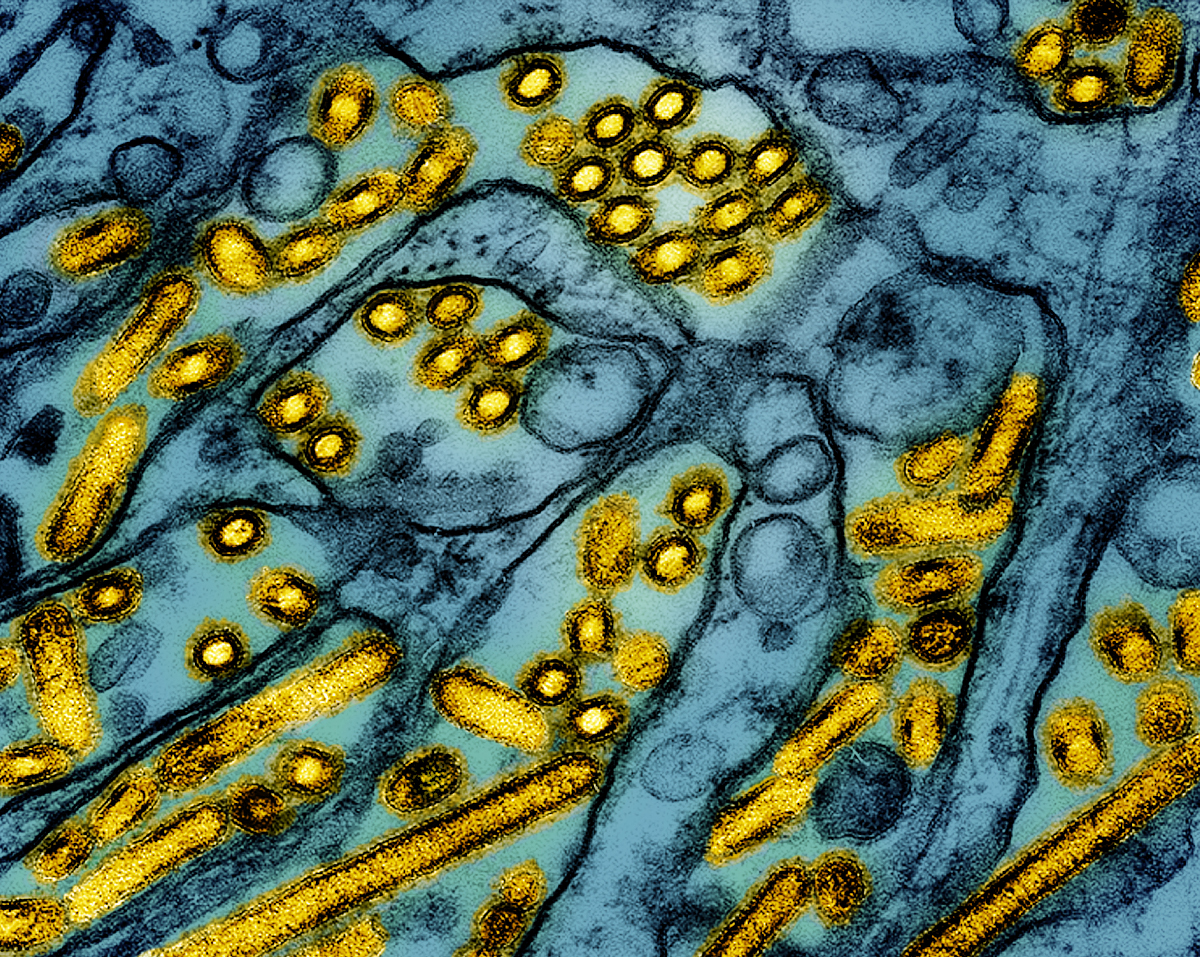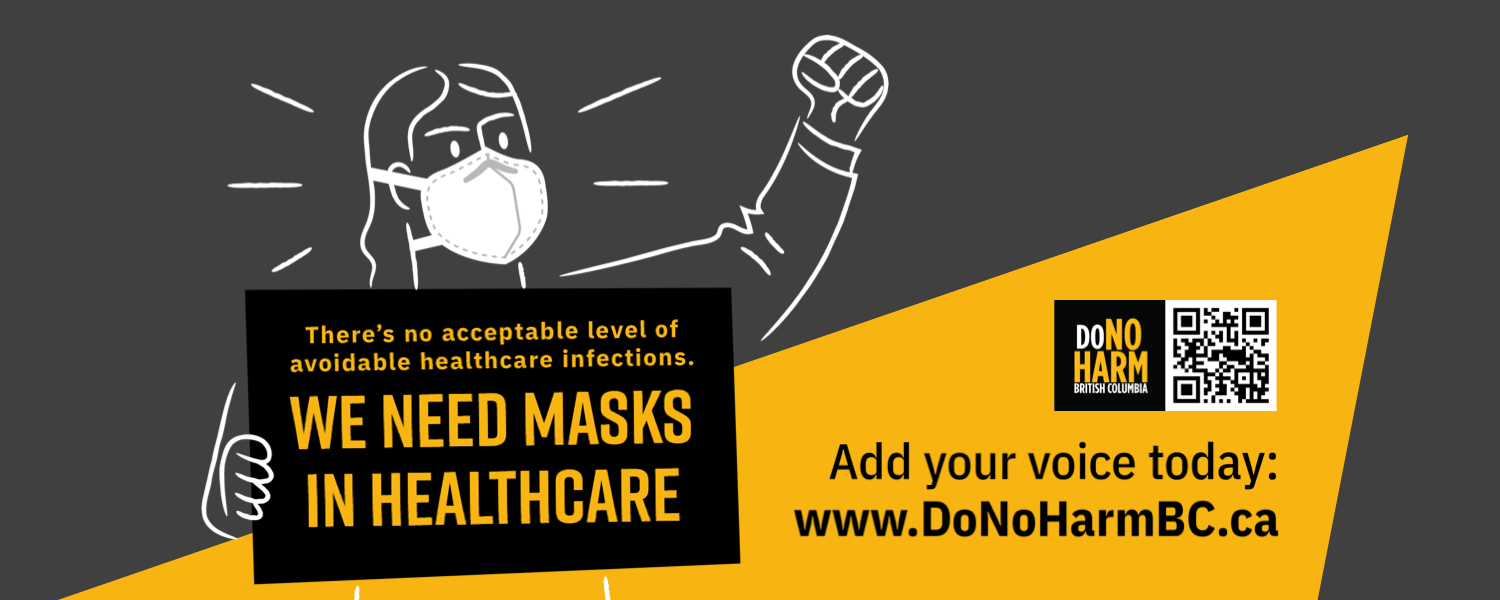A second case of measles linked to a group that travelled to Southeast Asia has been identified in B.C.’s Lower Mainland, according to health officials.
The infected person lives in the Vancouver Coastal Health region and was on Air Canada Flight 66, which arrived at YVR on Feb. 11, said a statement from the health authority on Wednesday. The person was travelling in the same “party” as a Fraser Health region resident in whom measles was detected over the weekend.
People who were on the flight or who were in the international arrivals area of Vancouver’s airport between 7 and 9:30 a.m. on Feb. 11 may have been exposed, the notification from health officials said.
Comments closed

